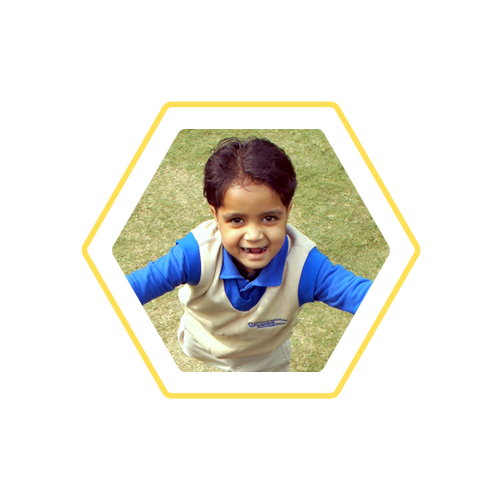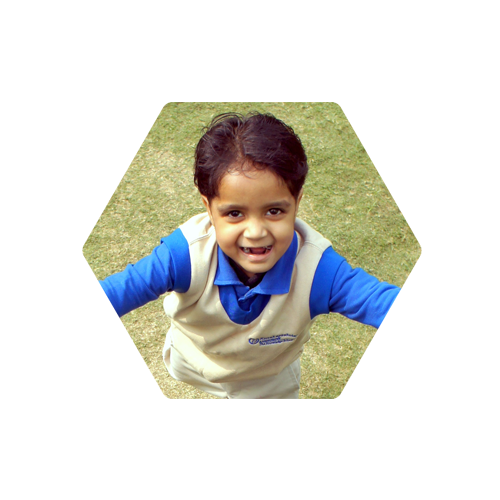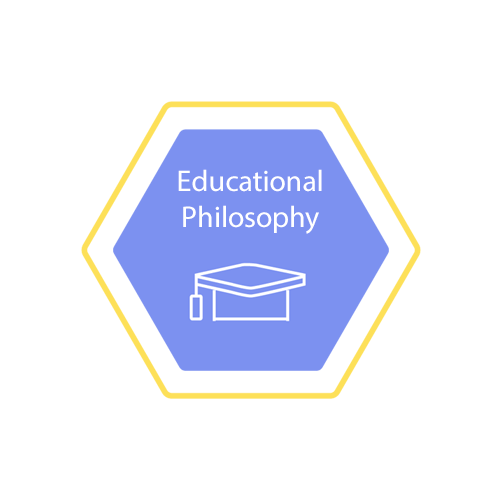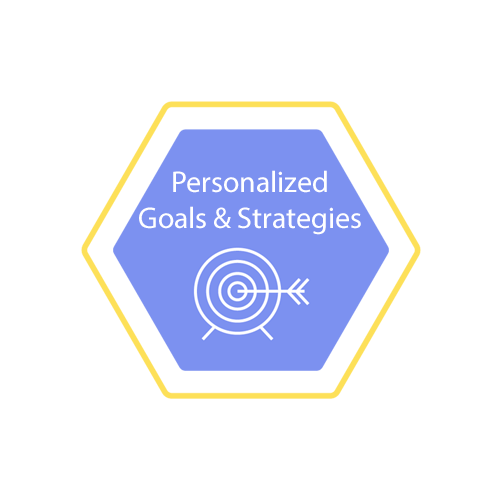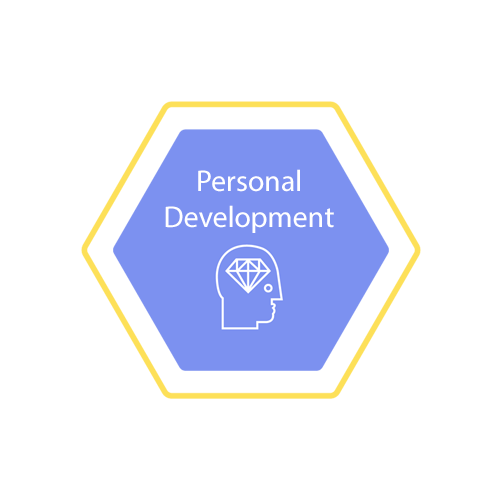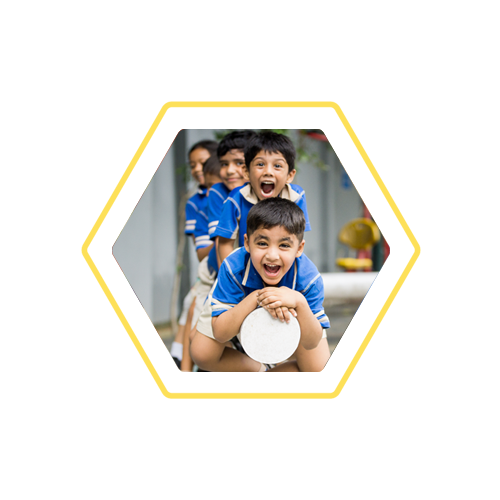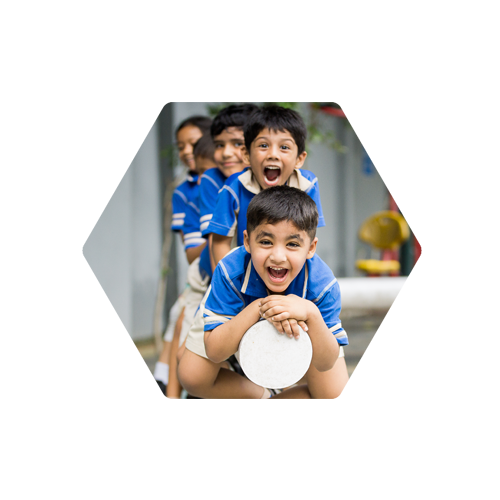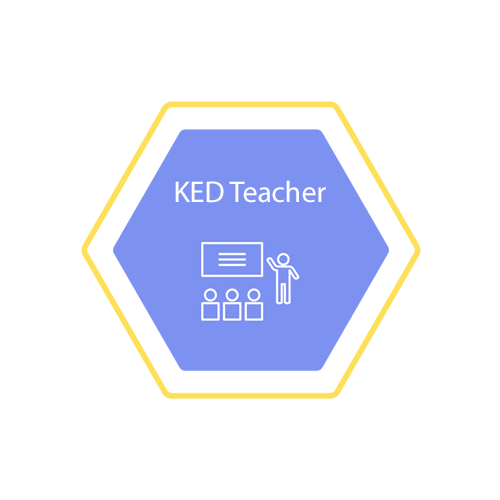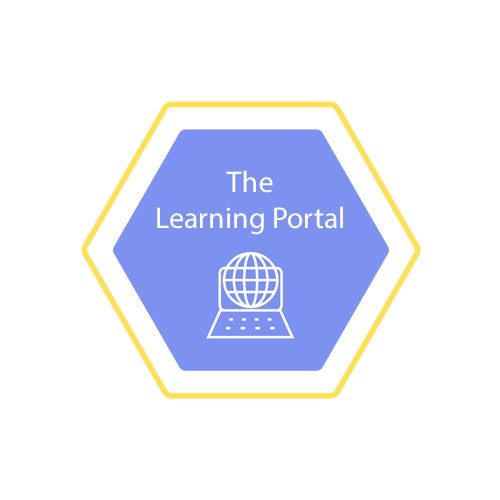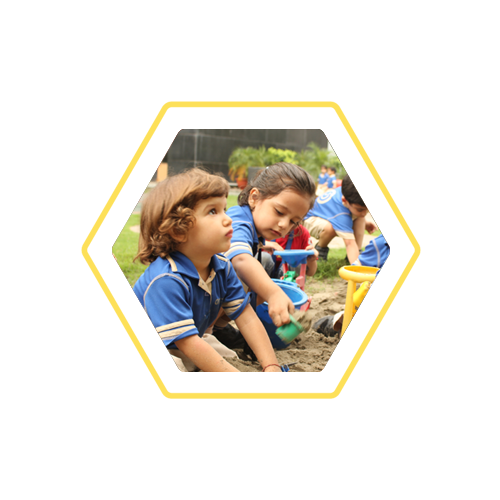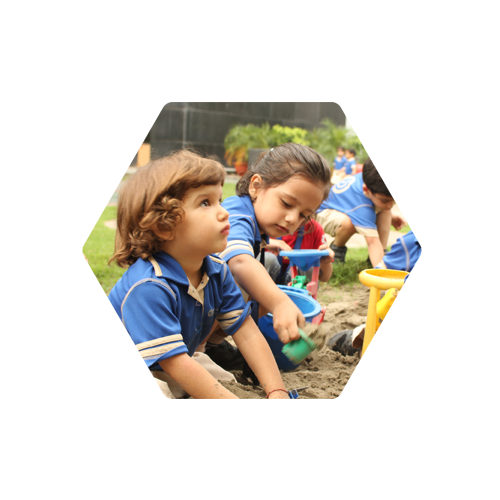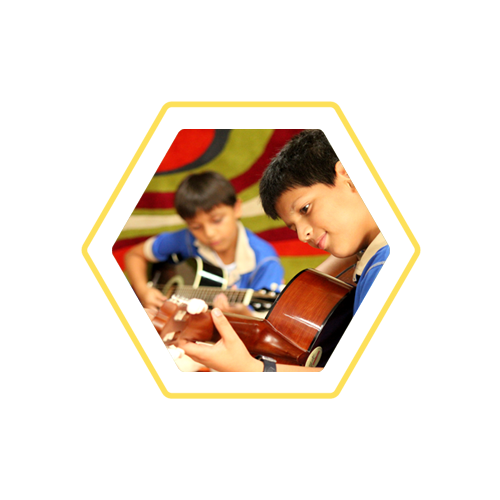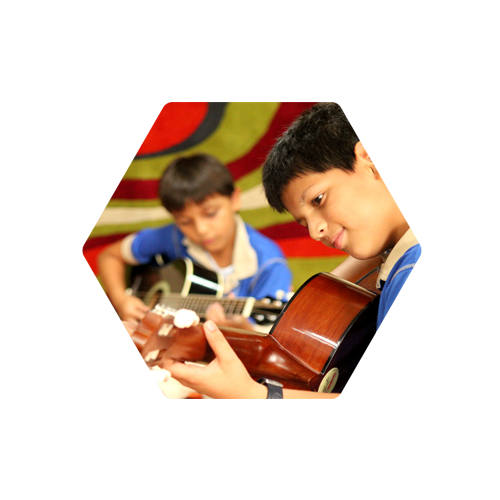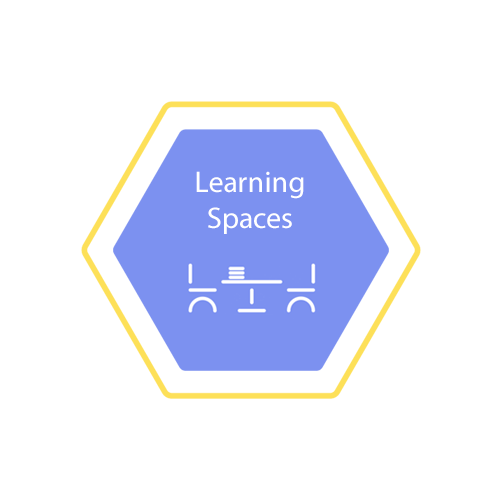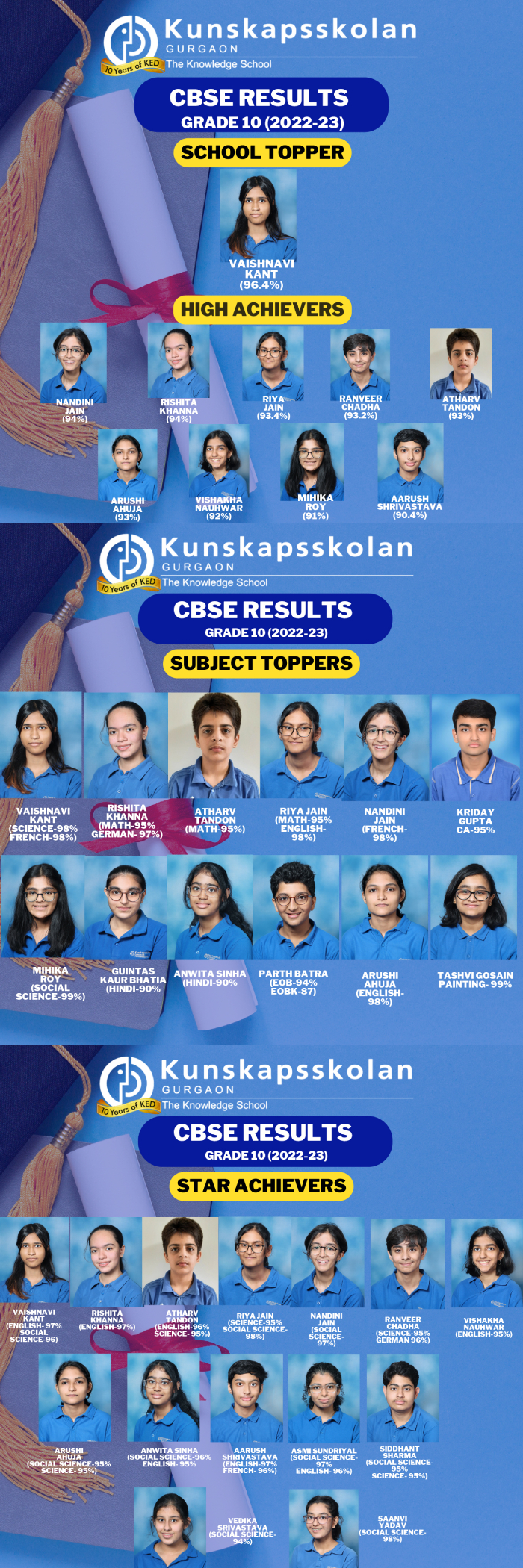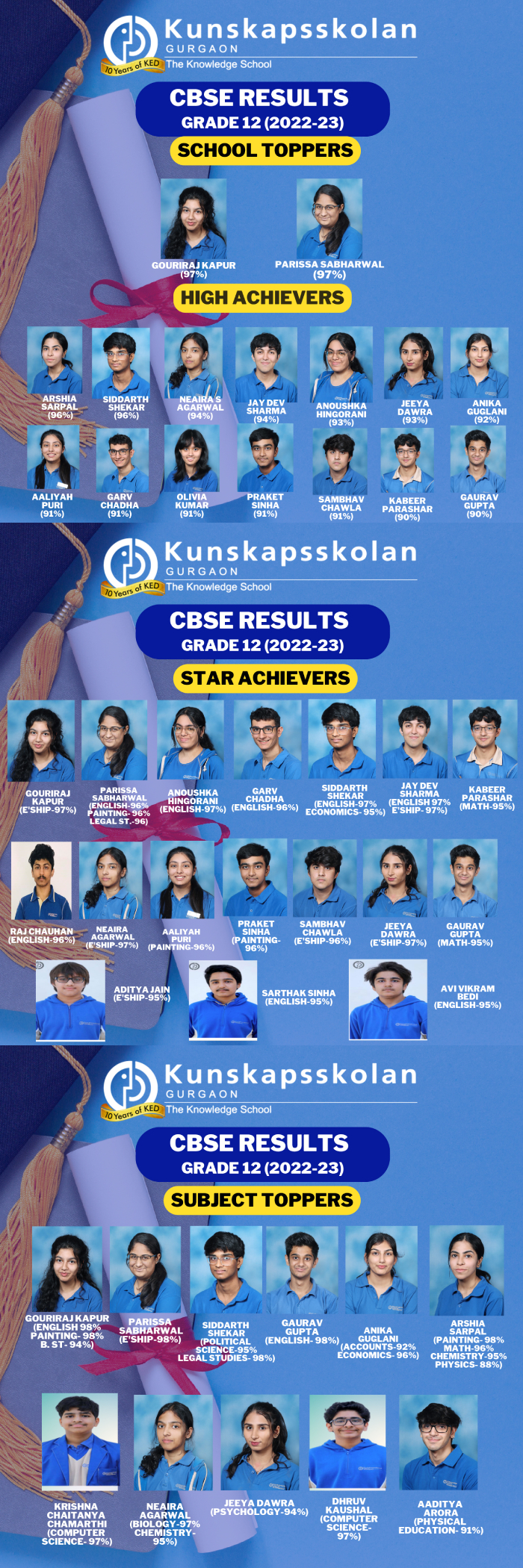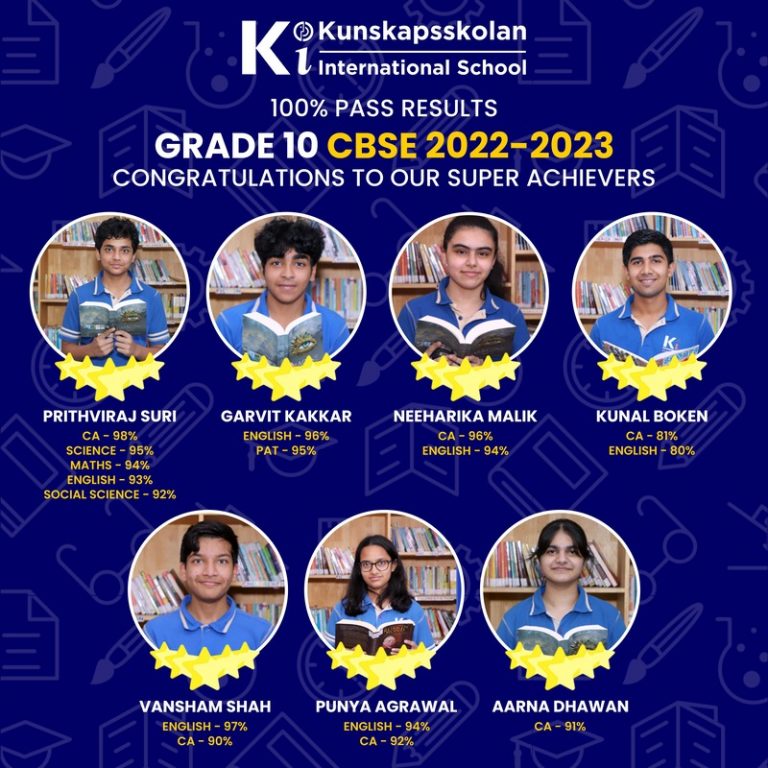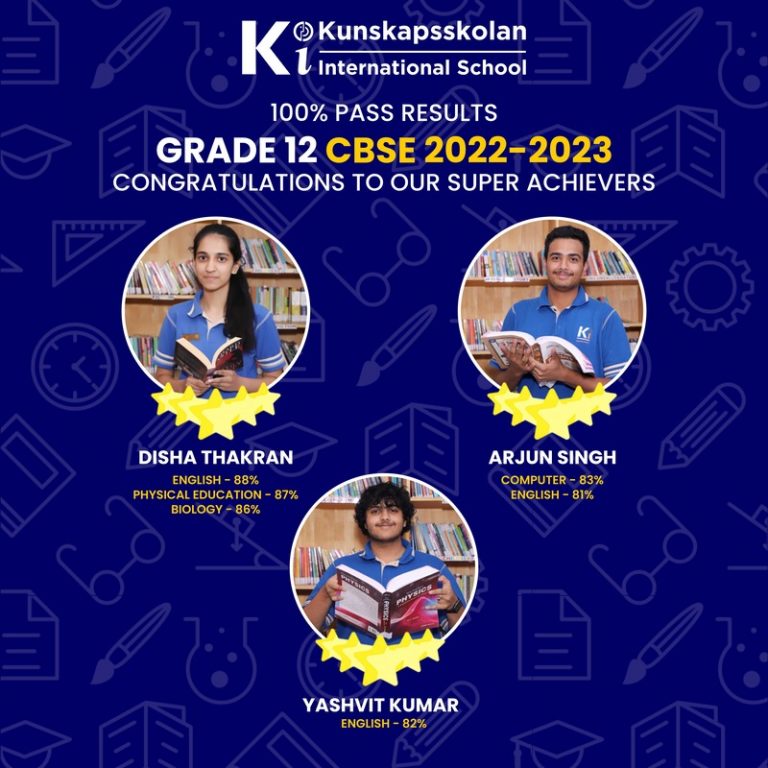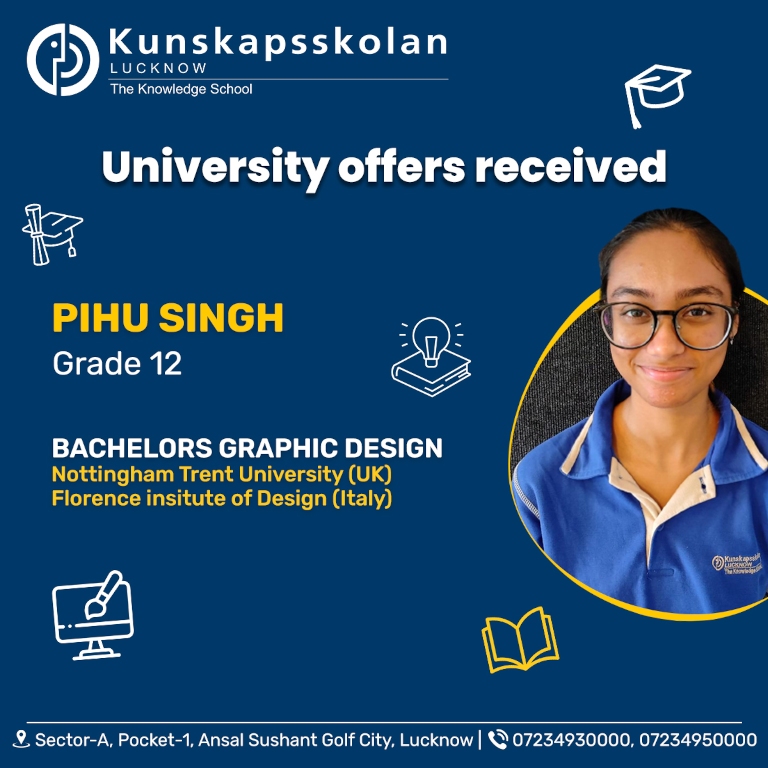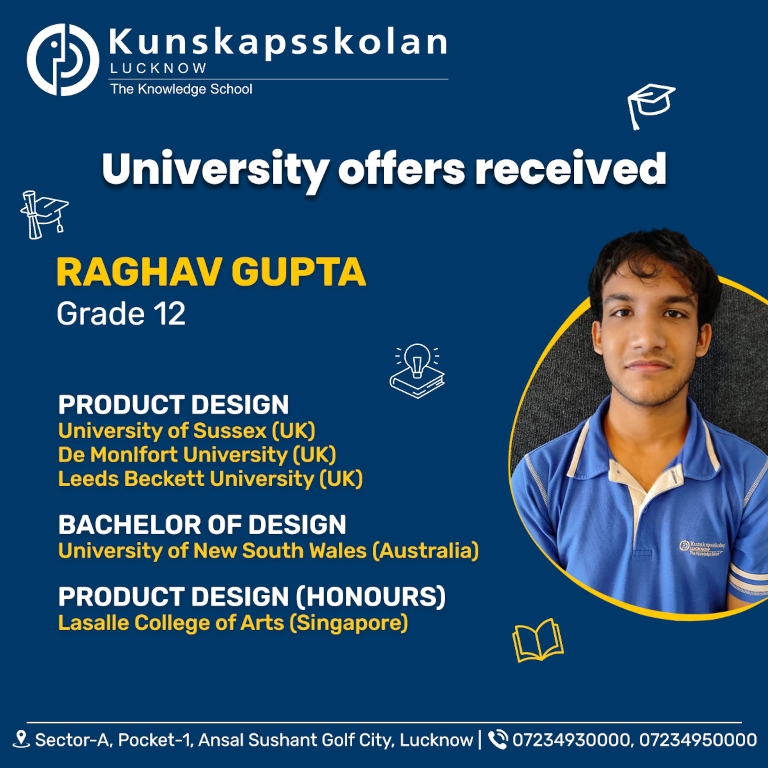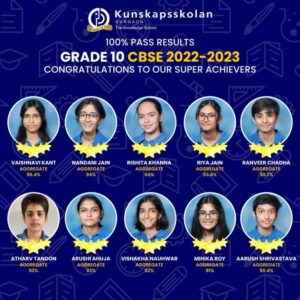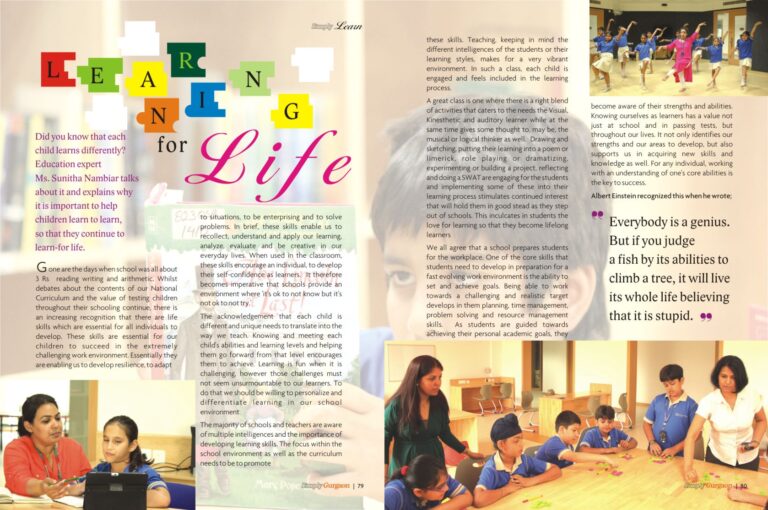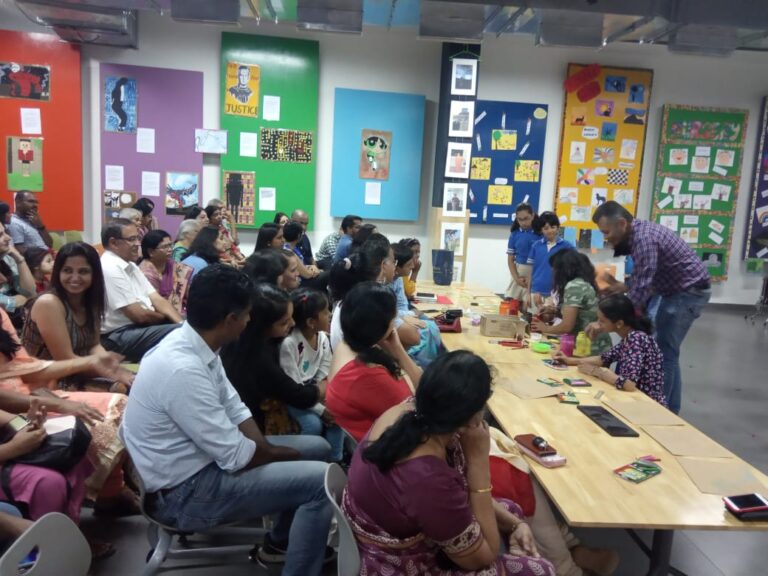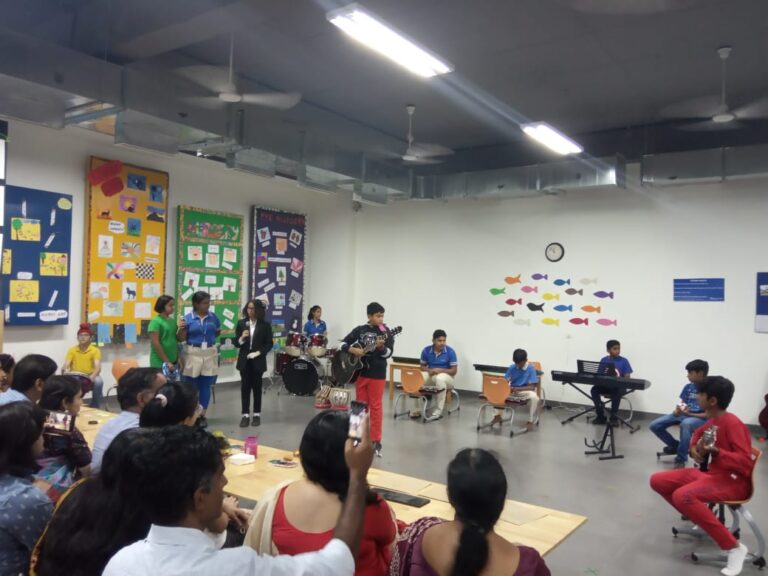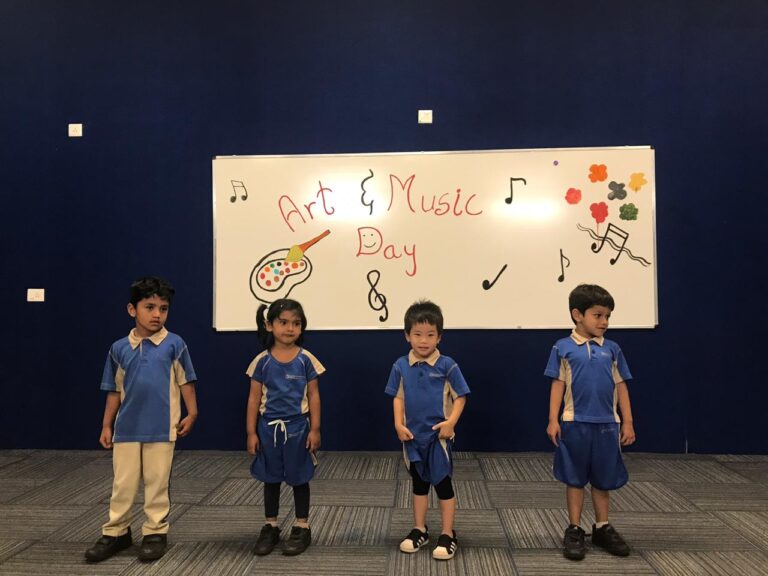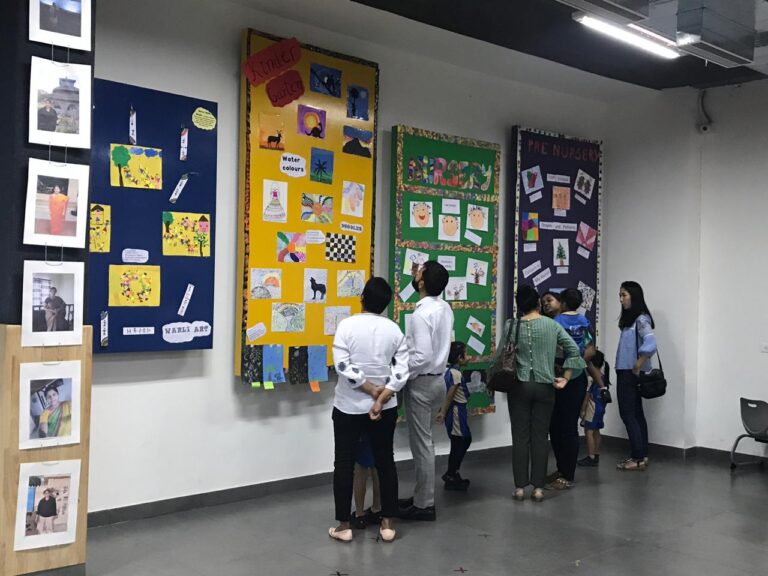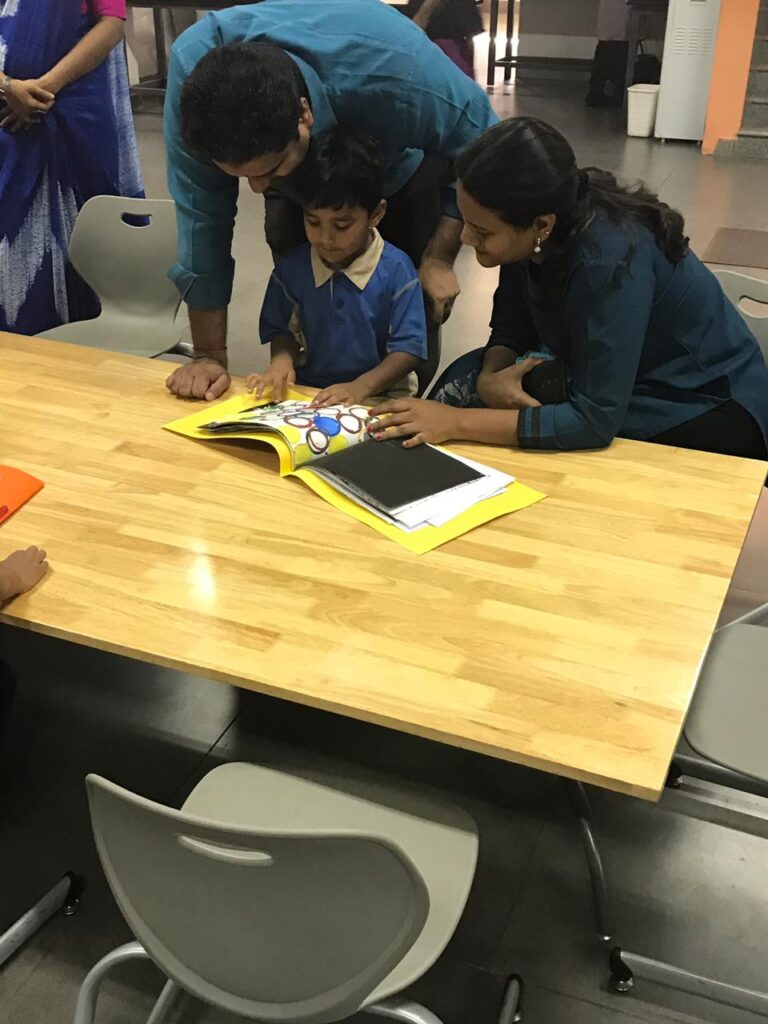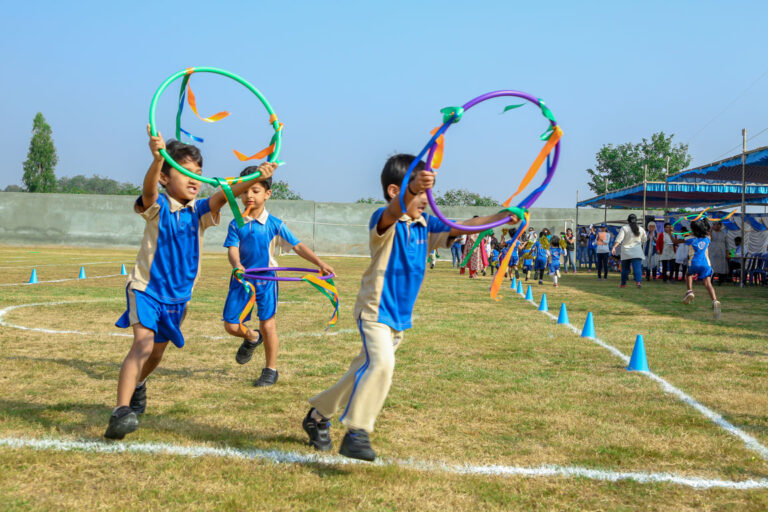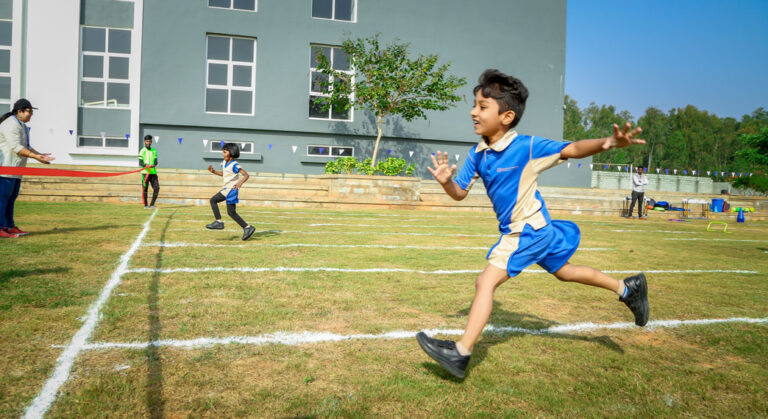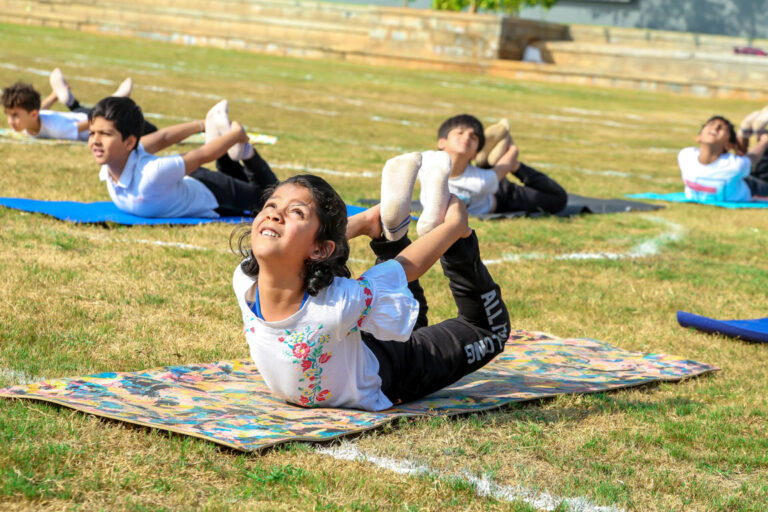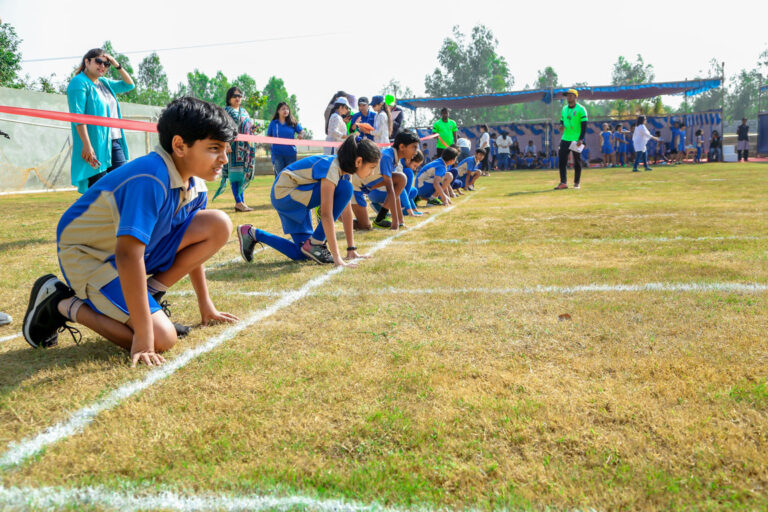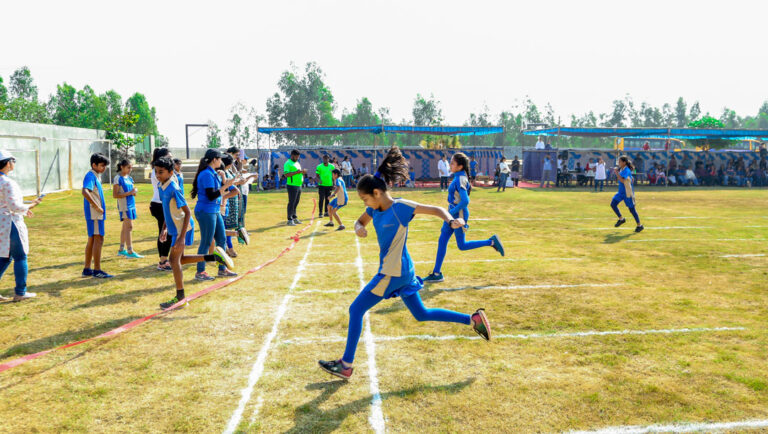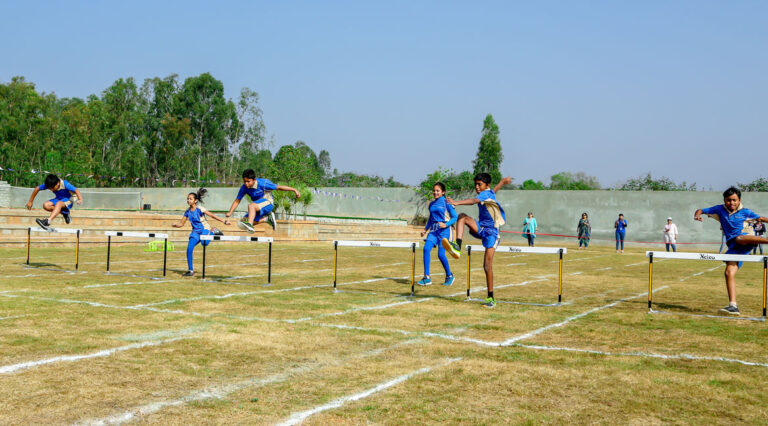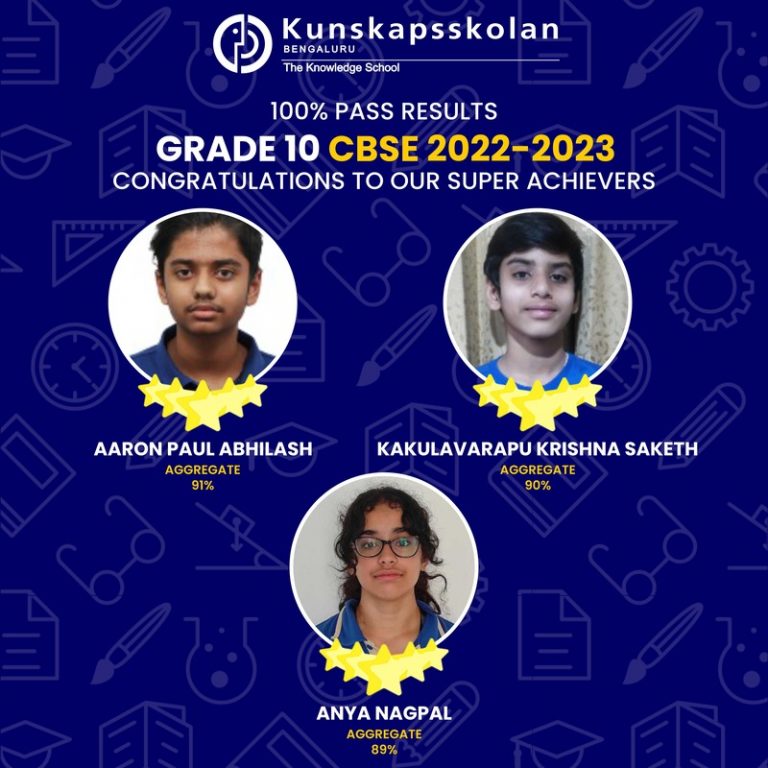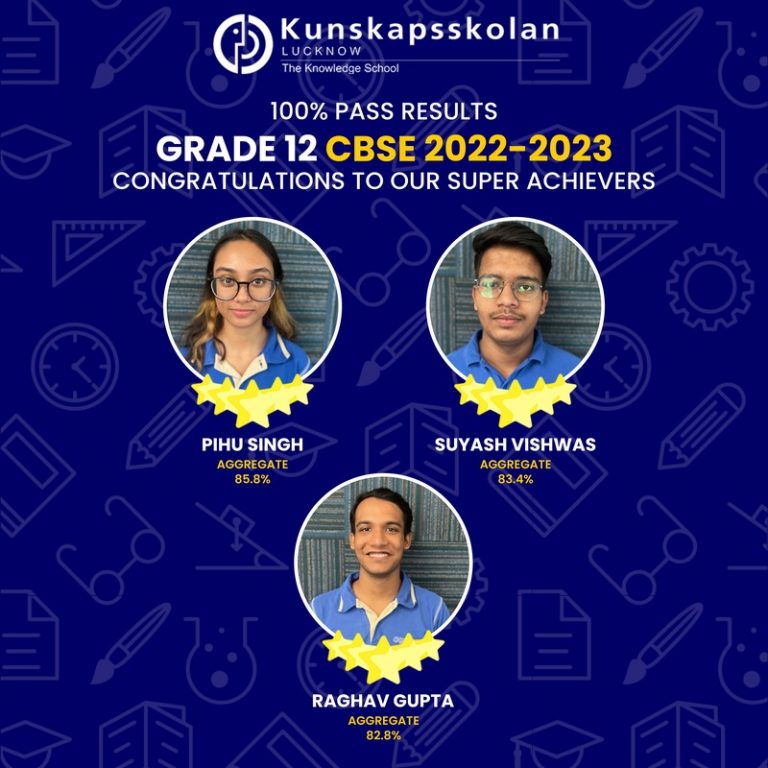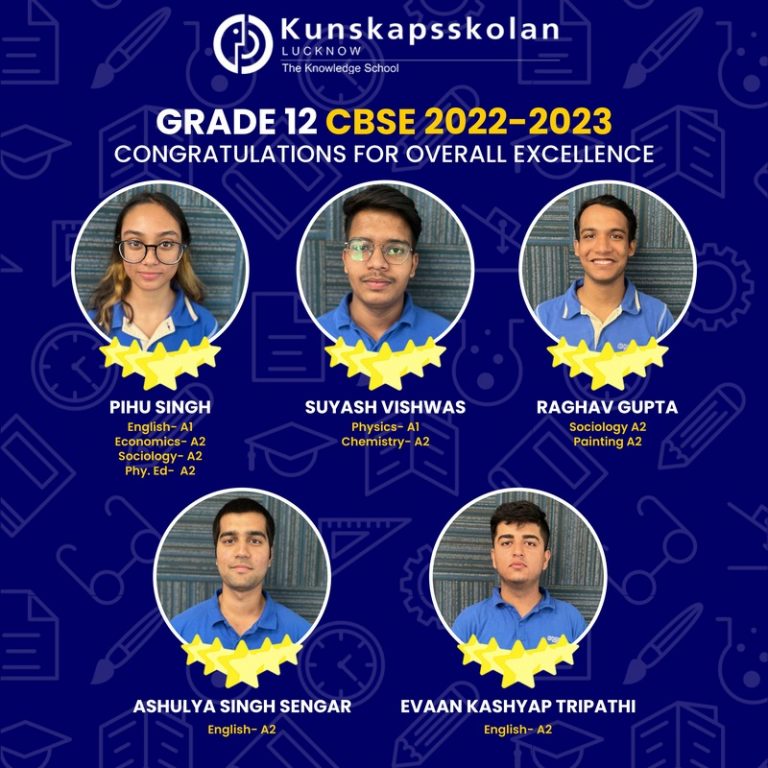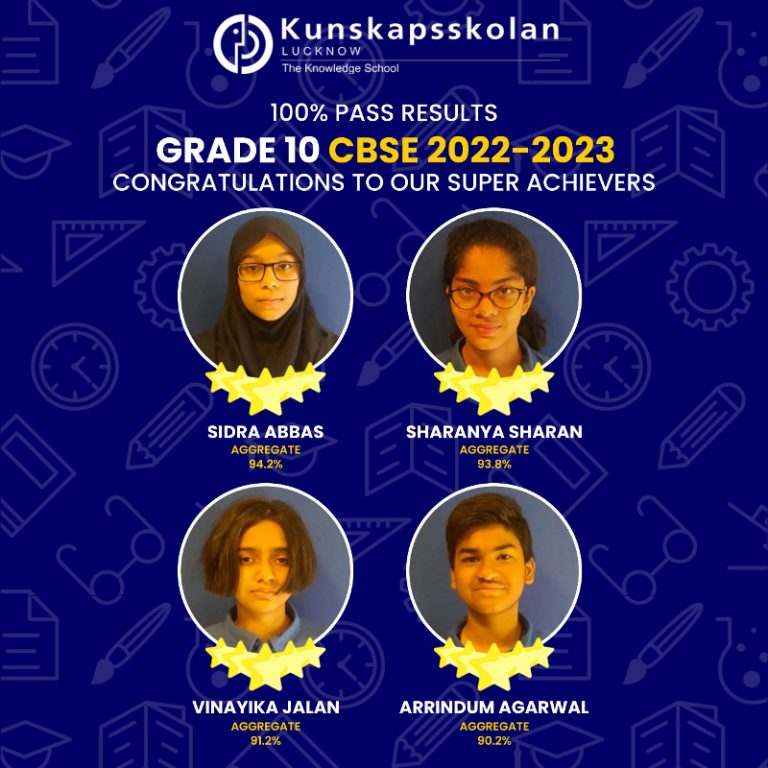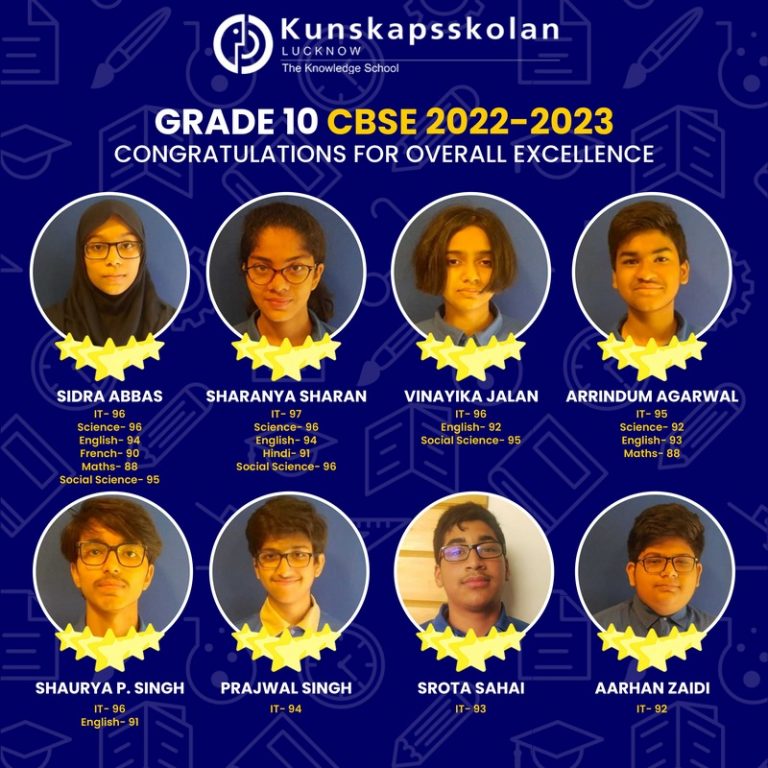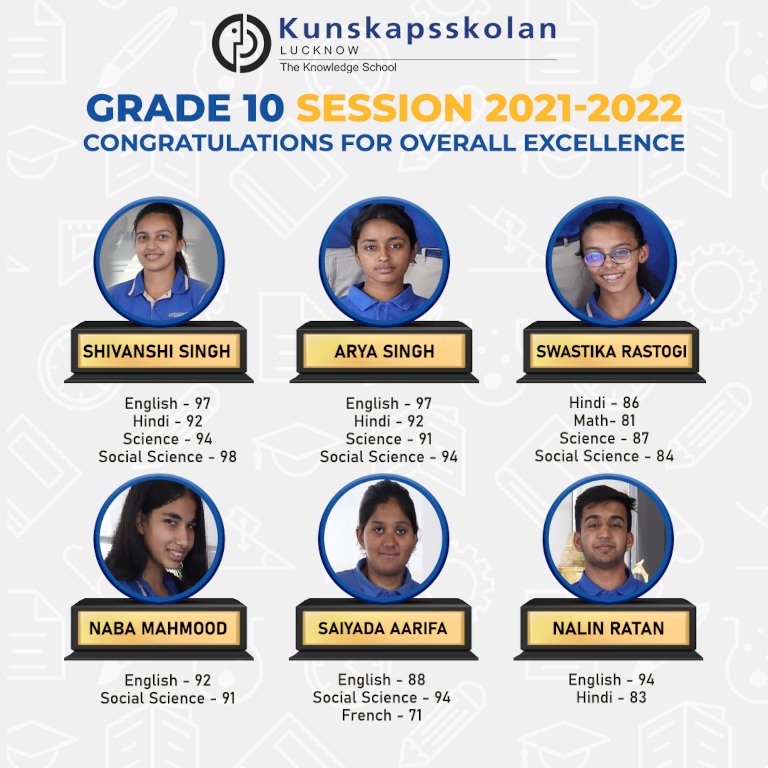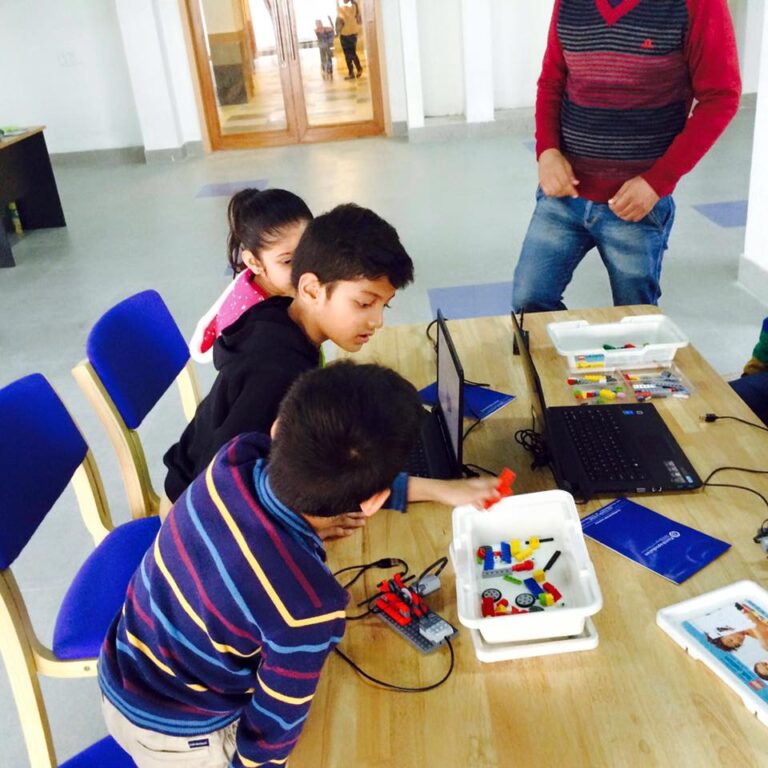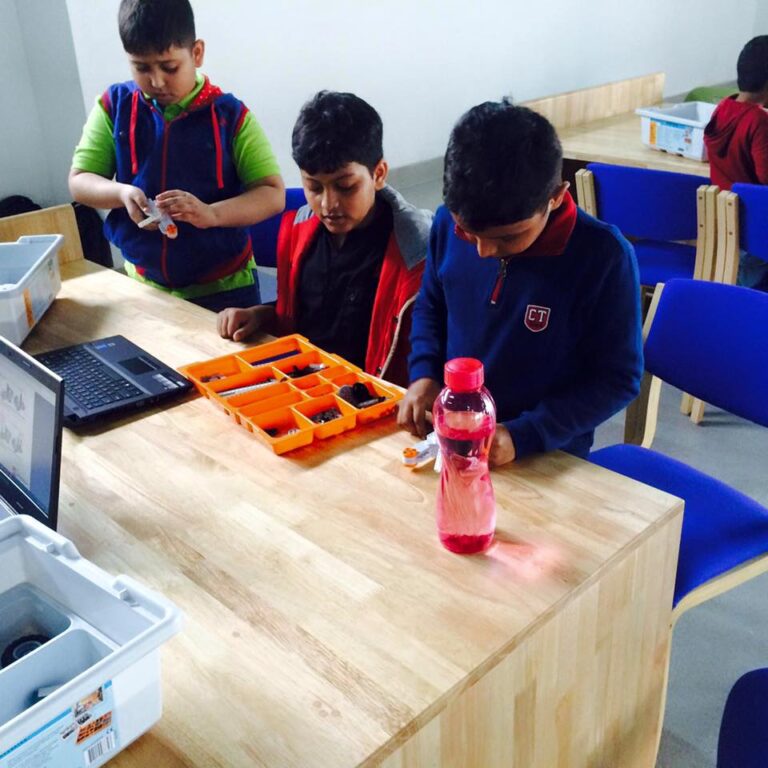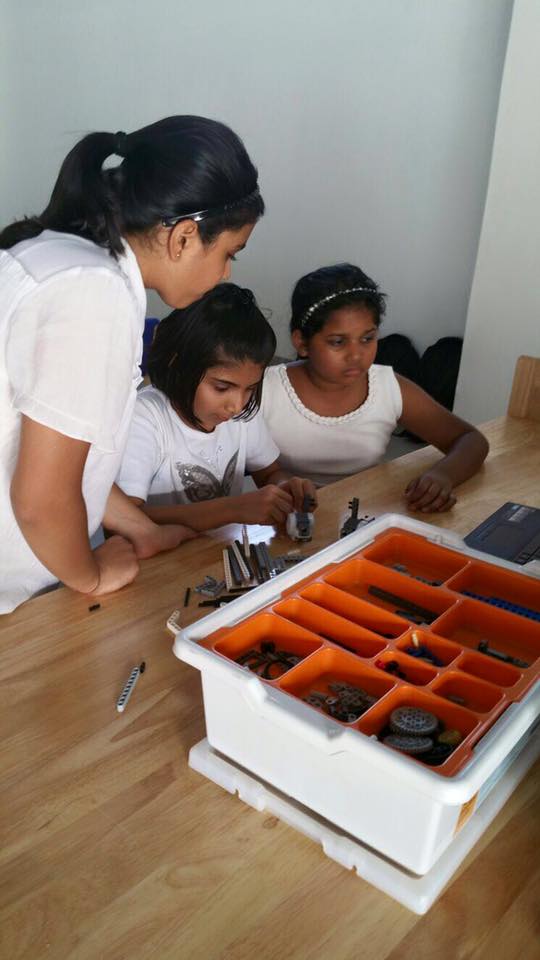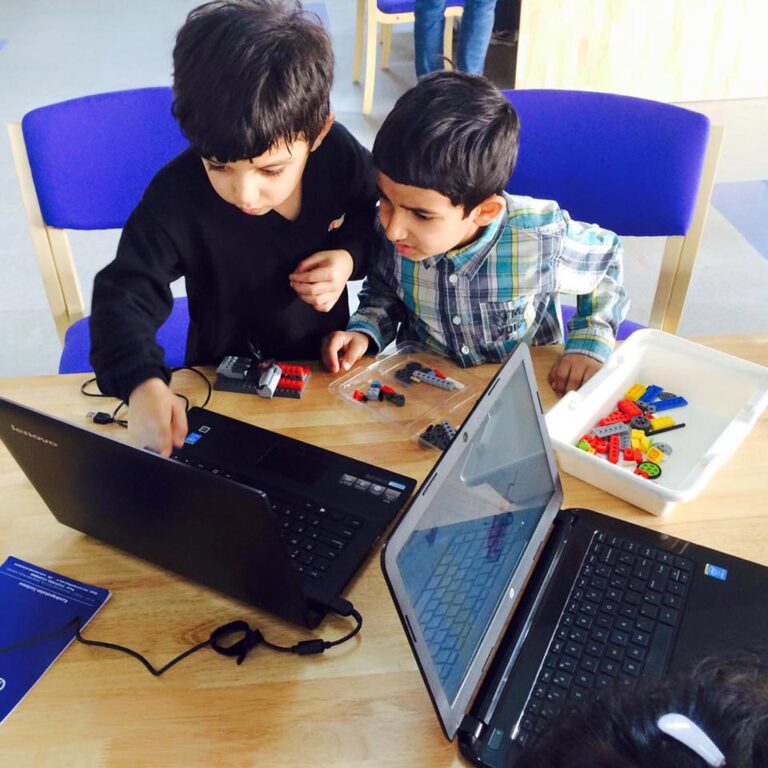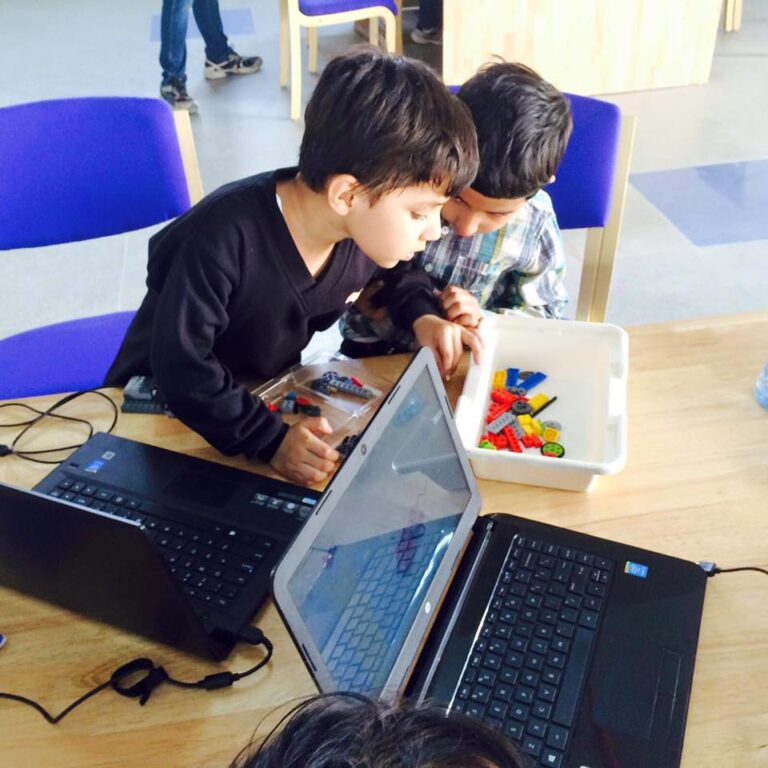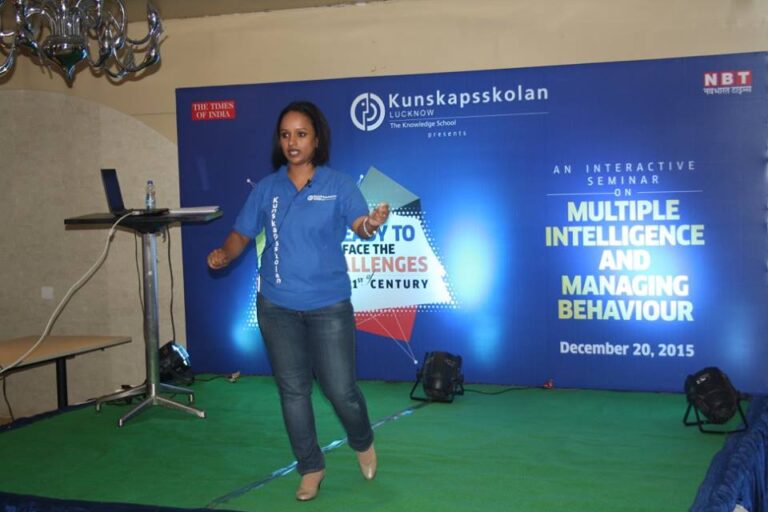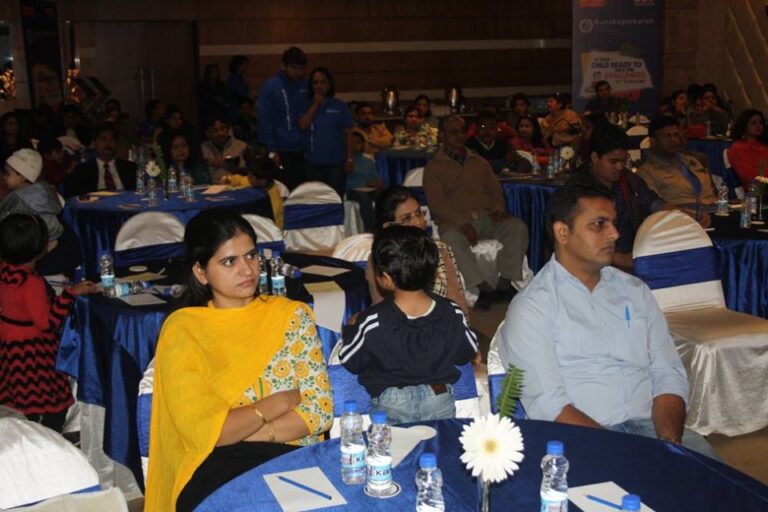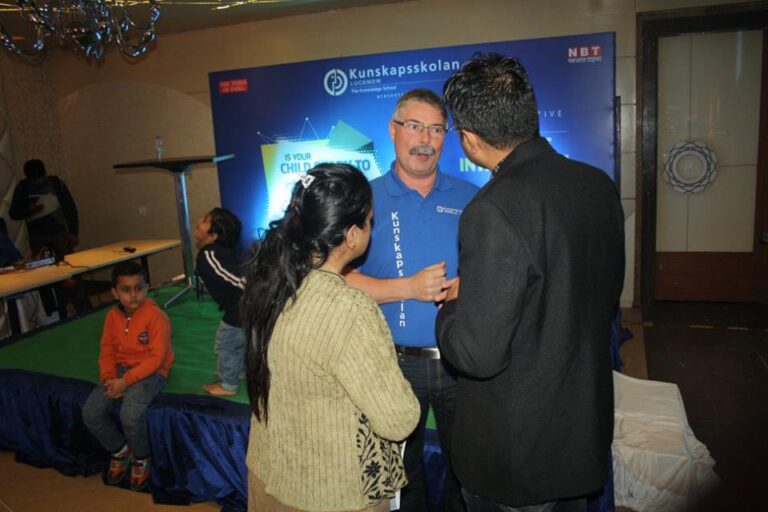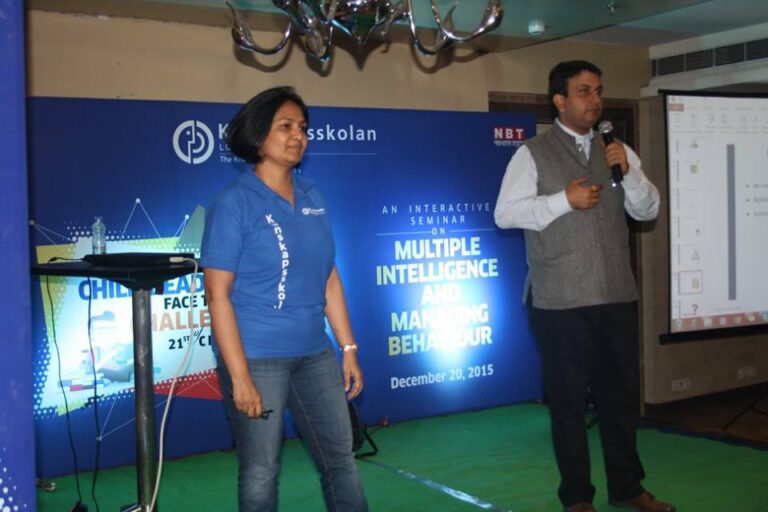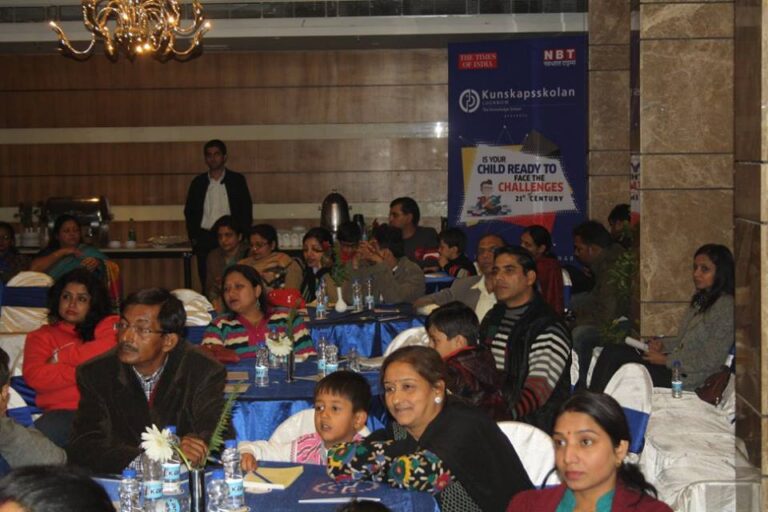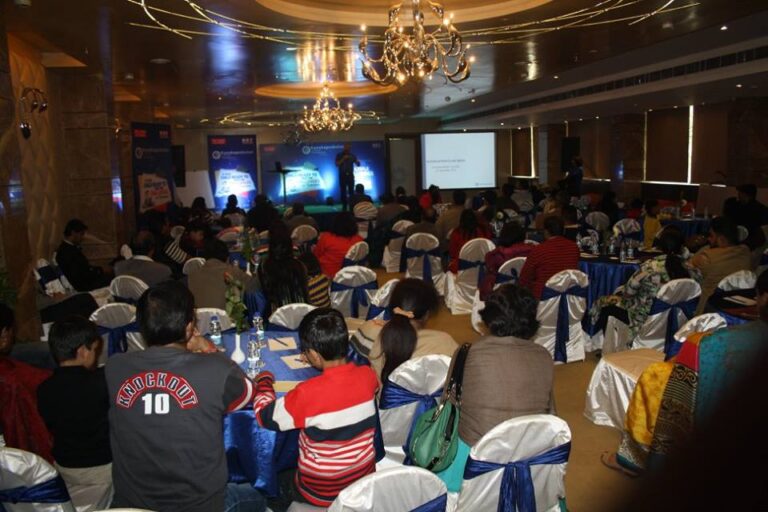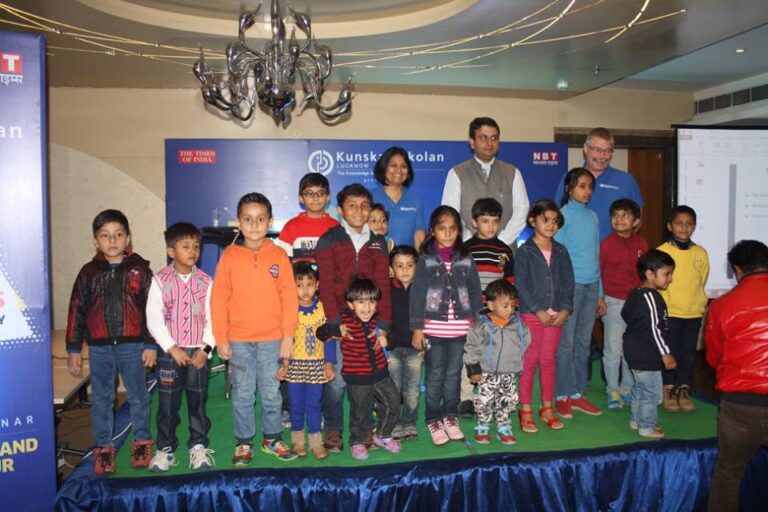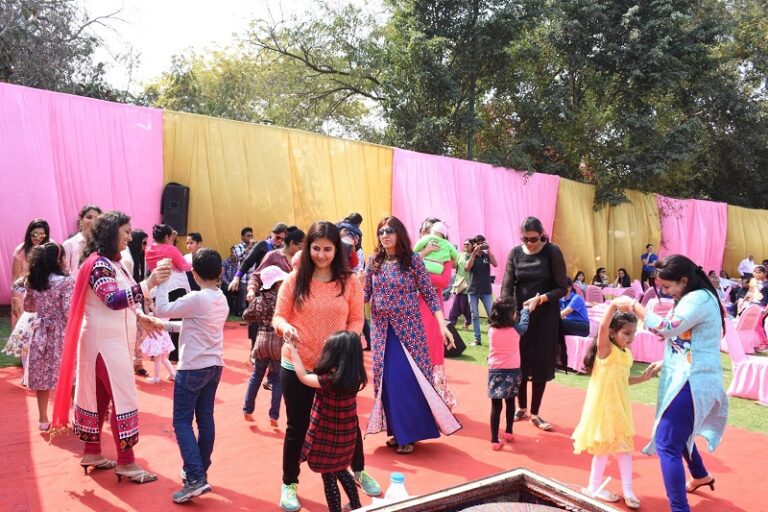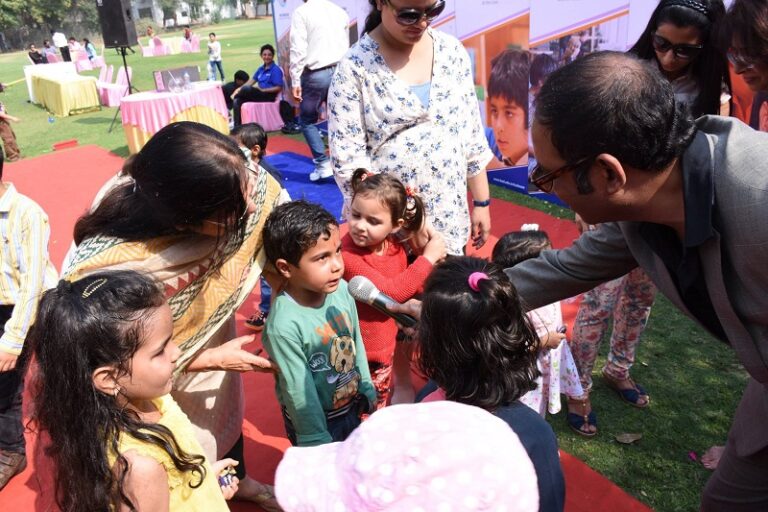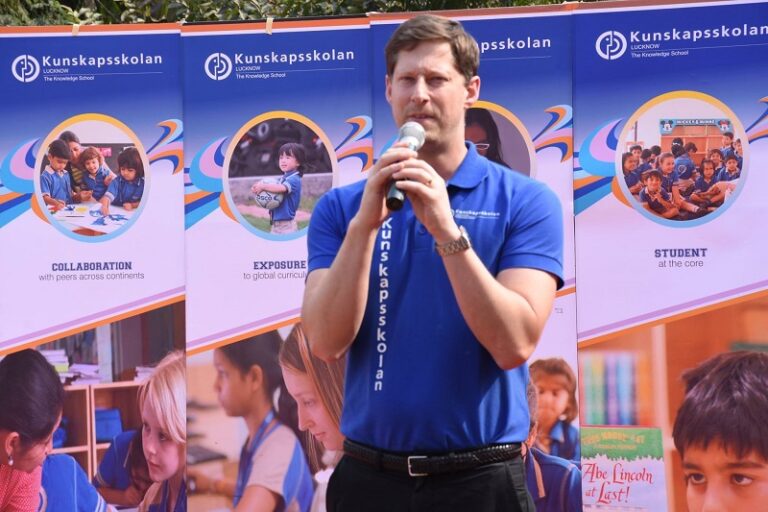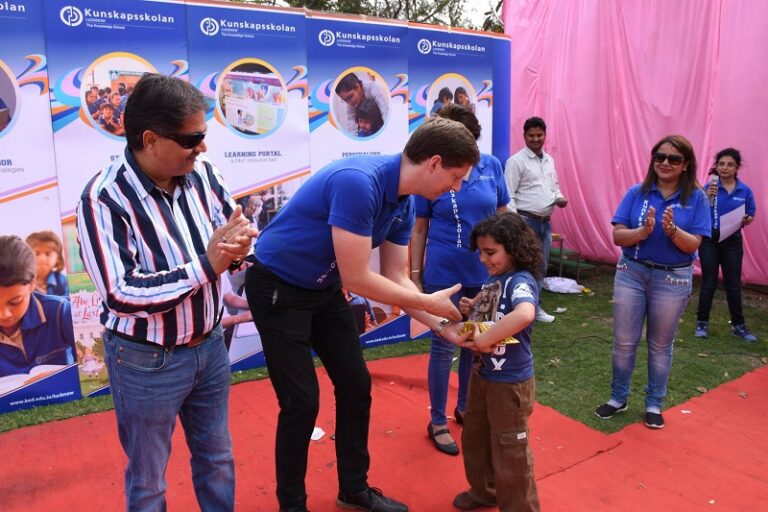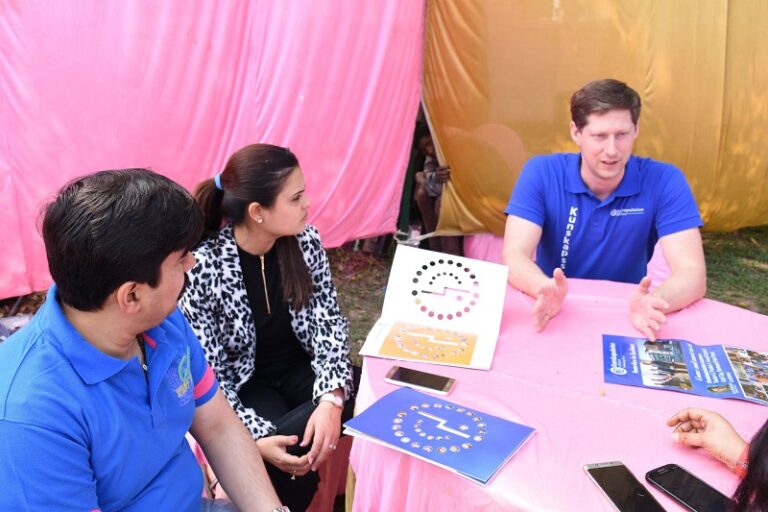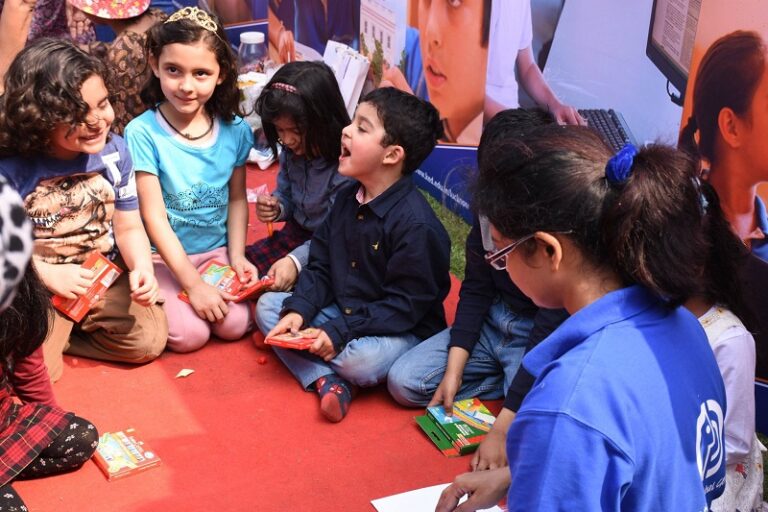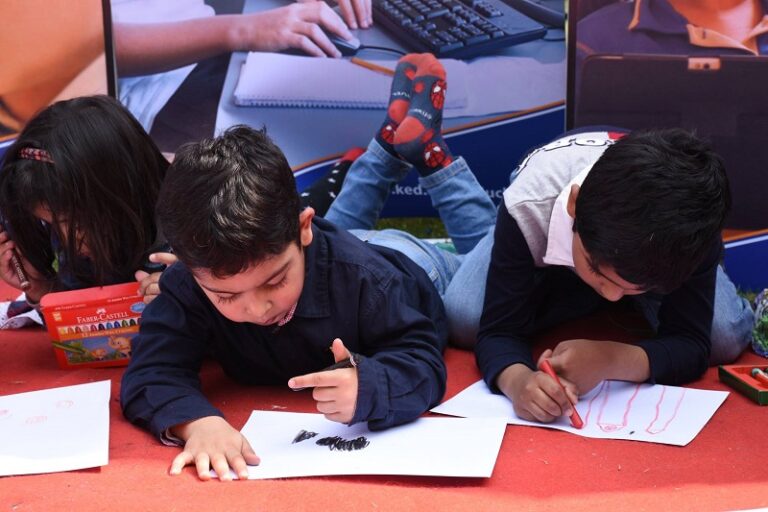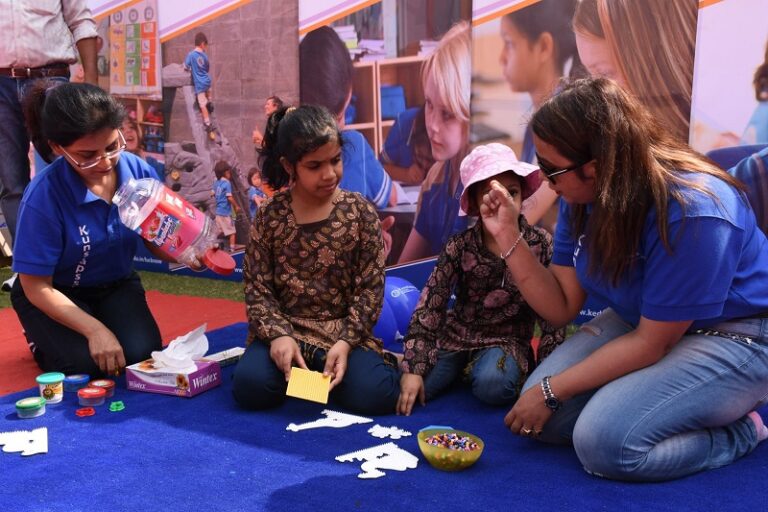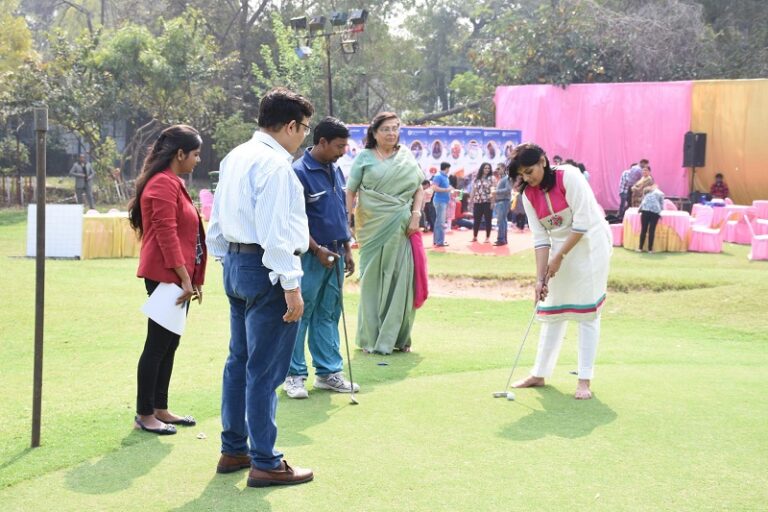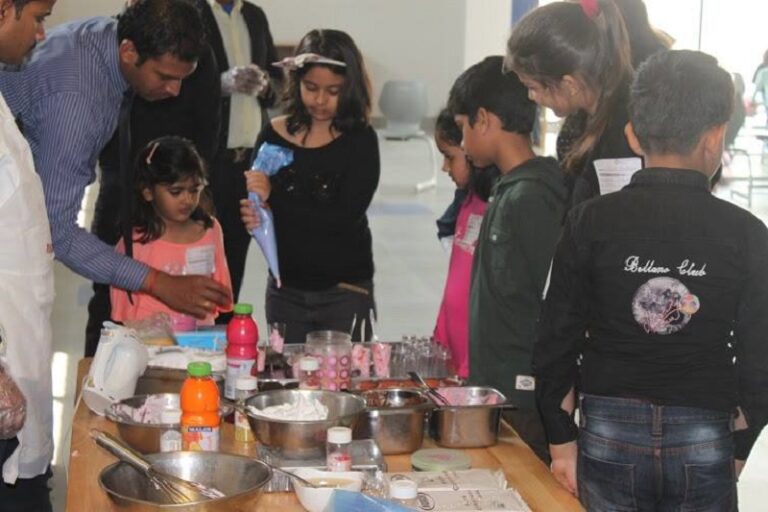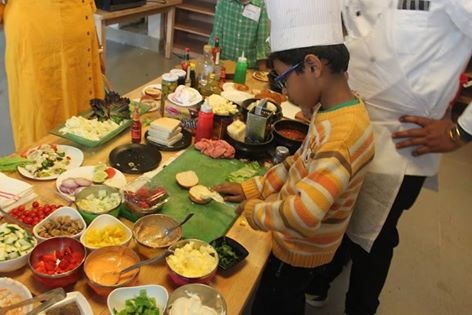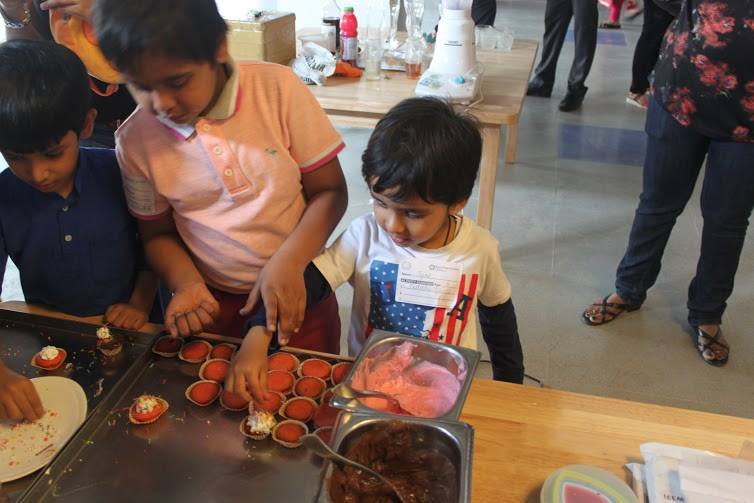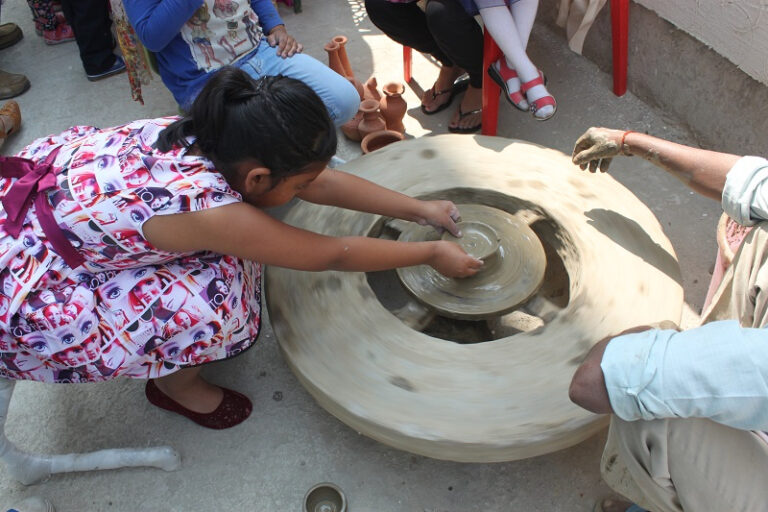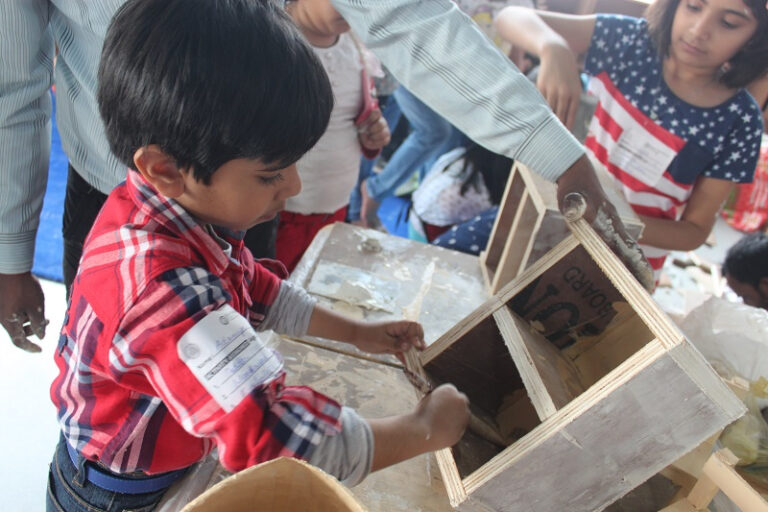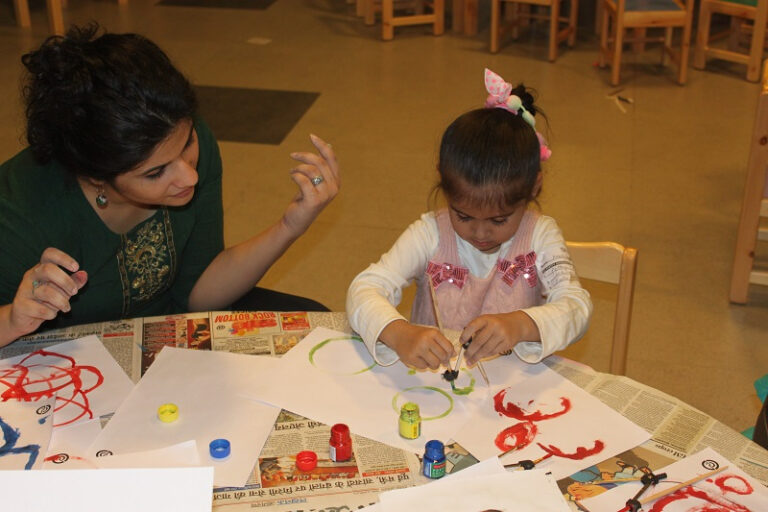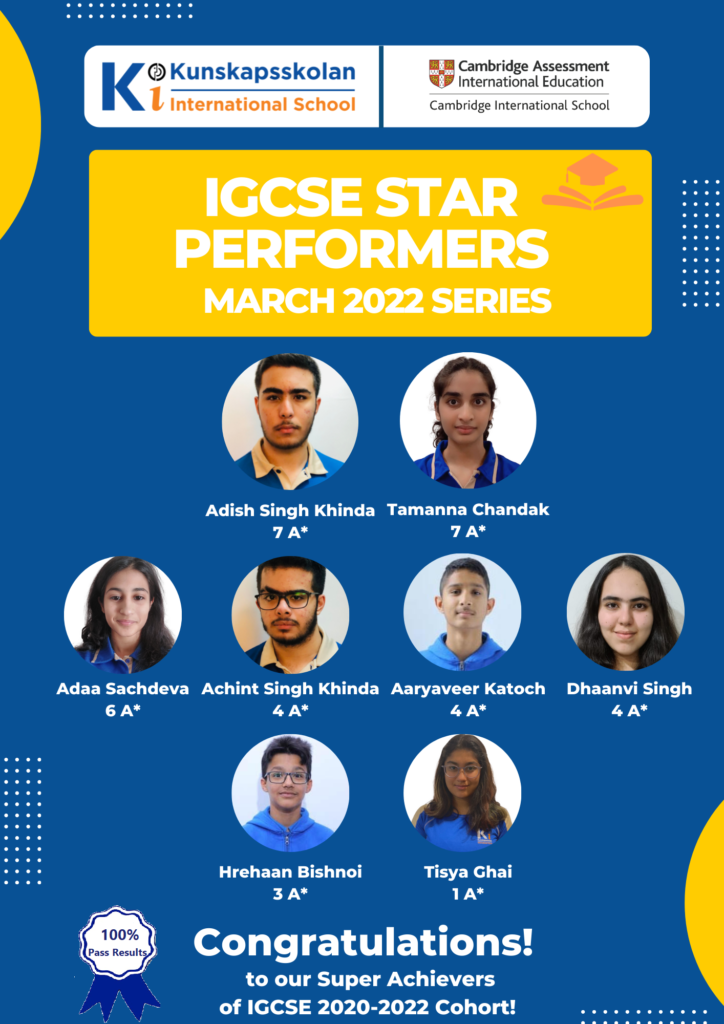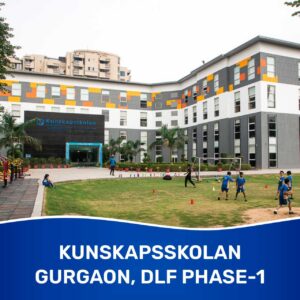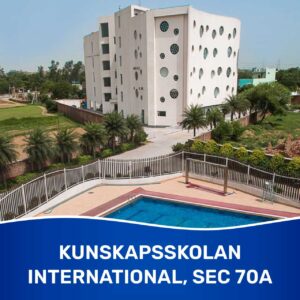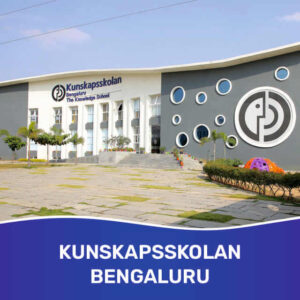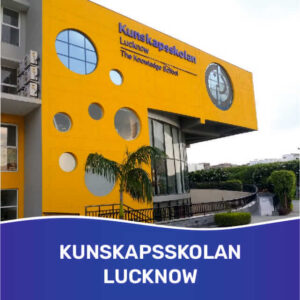| Week 1 |
|
Monday
01 Apr 2024 |
Tuesday
02 Apr 2024 |
Wednesday
03 Apr 2024 |
Thursday
04 Apr 2024 |
Friday
05 Apr 2024 |
Saturday
06 Apr 2024 |
| Breakfast |
Idli With Sambar & Coconut Chutney/ Milk Bournvita/Cornflakes/ Boiled Egg/ Seasonal Whole/Cut Fruit (any one- Banana/papaya/water melon/musk melon)/ Breads/Butter/Jam (Jam And Butter Alternative Days) |
Palak paneer stuffed Prantha With Plain Curd & Pickle/ Milk Bournvita/Cornflakes/ No Egg/ Seasonal Whole/Cut Fruit (any one- Banana/papaya/water melon/musk melon)/ Breads/Butter/Jam (Jam And Butter Alternative Days) |
Masala Ajwain Poorie With Aloo Bhaji/ Milk Bournvita/Cornflakes/ Boiled Egg/ Seasonal Whole/Cut Fruit (any one- Banana/papaya/water melon/musk melon)/ Breads/Butter/Jam (Jam And Butter Alternative Days) |
Namkeen Sevian/ Milk Bournvita/Cornflakes/ Boiled Egg/ Seasonal Whole/Cut Fruit (any one- Banana/papaya/water melon/musk melon)/ Breads/Butter/Jam (Jam And Butter Alternative Days) |
Vegetable Pao Bhaji (Bhaji With More Of Veggies)/ Milk Bournvita Cornflakes/ Boiled Egg/ Seasonal Whole/Cut Fruit (any one- Banana/papaya/water melon/musk melon)/ Breads/Butter/Jam (Jam And Butter Alternative Days) |
Vegetable Dalia/ Milk Bournvita/Cornflakes/ Boiled Egg/ Seasonal Whole/Cut Fruit (any one- Banana/papaya/water melon/musk melon)/ Breads/Butter/Jam (Jam And Butter Alternative Days) |
| Packed Snacks |
Vegetable Pasta + Cocktail Size Veg Bread Butter Jam Sandwich 01 |
Saute Vegetable + Coleslaw Sandwich 01 |
Baked Vegetable With + Garlic Bread Slice 02 Slice |
Maccan Cheese Pasta + Cocktail Size Veg Bread Butter Jam Sandwich 01 |
Vegetable Croquette + Veg Sandwich |
Baked Vegetable With Cheese + Mashed Potato Sandwich |
| Lunch |
Healthy flavoured Drink/ Matar Paneer/ Dal Maa Sabut Tadka/ Steamd Rice/ Tawa Roti/ khoya barfi |
Healthy flavoured Drink/ Palak Aloo/ Ghiya Channa Dal Tadka/ Steamed Rice/ Tawa Roti/ lassi |
Chaach/ Small baingan aloo/ Rajma Curry/ Steamed Rice/ Tawa Roti/ white sponge rasgulla |
Healthy flavoured Drink/ Bhindi do pyaza/ Peeli Moong Masoor Dal Tadka/ Steamed Rice/ Tawa Roti/ veggeis raita |
Healthy flavoured Drink/ Aloo Gobhi Fry/ Lobia Dal/ Steamed Rice/ Tawa Roti/ Fruit Custard ( Served Chilled With Banana, Anar And Grapes) |
Healthy flavoured Drink/ Matar Aloo Gravy/ Black Masoor Tadka Dal/ Steamd Rice/ Tawa Roti/ Mix Veg Raita |
| Evening Snacks (Day Care) |
Veg Patty |
Paneer & Vegetable cutlets |
Tomato Cheese cucumber Sandwich |
Banana 02 |
Chocolate doughnut big |
Bread Pakoda 01 |
|
| Week 2 |
|
Monday
08 Apr 2024 |
Tuesday
09 Apr 2024 |
Wednesday
10 Apr 2024 |
Thursday
11 Apr 2024 |
Friday
12 Apr 2024 |
Friday
13 Apr 2024 |
| Breakfast |
Veg Upma/ Milk Bournvita/Cornflakes/ Boiled Egg/ Seasonal Whole/Cut Fruit (Alternative Days- Banana)/ Seasonal Whole/Cut Fruit (any one- Banana/papaya/water melon/musk melon) |
Chole & Poorie/ Milk Bournvita/Cornflakes/ No Egg/ Seasonal Whole/Cut Fruit (Alternative Days- Papaya)/ Seasonal Whole/Cut Fruit (any one- Banana/papaya/water melon/musk melon) |
Stuffed Parantha With Curd And Pickle/ Milk Bournvita/Cornflakes/ Egg Bhurji/ Seasonal Whole/cut Fruit (alternative days- banana)/ Seasonal Whole/Cut Fruit (any one- Banana/papaya/water melon/musk melon) |
Idli With Sambar/ Milk Bournvita/Cornflakes/ Boiled Egg/ Seasonal Whole/cut Fruit (alternative days- Papaya )/ Seasonal Whole/Cut Fruit (any one- Banana/papaya/water melon/musk melon) |
Poha With Peanuts (Green Chutney)/ Milk Bournvita/Cornflakes/ Boiled Egg/ Seasonal Whole/cut Fruit (alternative days- Banana)/ Seasonal Whole/Cut Fruit (any one- Banana/papaya/water melon/musk melon) |
Matar Kulcha/ Milk Bournvita/Cornflakes/ Boiled Egg/ Seasonal Whole/cut Fruit (alternative days- Papaya)/ Seasonal Whole/Cut Fruit (any one- Banana/papaya/water melon/musk melon) |
| Packed Snacks |
Vegetable Pasta + Garlic Bread (Loaf Cut Slices) |
Baked Vegetable With Cheese + Mashed Potato Sandwich |
Baked Hash Brown Potato+ Bread Butter Jam |
Maccan Cheese Pasta + Garlic Bread (Loaf Cut Slices) |
Vegetable Croquette + Veg Sandwich |
Vegetable Pasta + Garlic Bread (Loaf Cut Slices) |
| Lunch |
Chaach/ Shahi Paneer/ Hara moong dal/ Steamd Rice/ Tawa Roti/ Thandi Rice kheer |
Healthy flavoured Drink/ Kashmiri dum aloo/ Dal makhani/ Steamed Rice/ Tawa Roti/ Jeera raita |
Healthy flavoured Drink/ Bhindi masala/ Moong masoor Dal Tadka/ Steamed Rice/ Tawa Roti/ chocolate pastry |
Healthy flavoured Drink/ Palak Kofta Curry/ Urad Channa Dal/ Steamed Rice/ Tawa Roti/ Dahi Bhalla |
Healthy flavoured Drink/ Gobhi Masala/ Rajma/ Steamed Rice/ Tawa Roti/ Ice Cream |
Healthy flavoured Drink/ Soya Chaap Masala/ Dal Palak/ Steamd Rice/ Tawa Roti/ Cucumber Raita |
| Evening Snacks (Day Care) |
Vada Pao |
Paneer puff |
Veg Croquet |
Orange |
Chinese paneer roomali roll |
Veg burger |
|
| Week 3 |
|
Monday
15 Apr 2024 |
Tuesday
16 Apr 2024 |
Wednesday
17 Apr 2024 |
Thursday
18 Apr 2024 |
Friday
19 Apr 2024 |
Saturday
20 Apr 2024 |
| Breakfast |
Aloo Matar Veg Poha/ Milk Bournvita/Cornflakes/ Boiled Egg/ Seasonal Whole/Cut Fruit (any one- Banana/papaya/water melon/musk melon)/ Breads/Butter/Jam (Jam And Butter Alternative Days) |
Palak Prantha With Aloo Bhaji/ Milk Bournvita/Cornflakes/ No Eggs/ Seasonal Whole/Cut Fruit (Alternative Days- Papaya)/ Breads/Butter/Jam (Jam And Butter Alternative Days) |
sweet daliya/ Milk Bournvita/Cornflakes/ Egg Bhurji/ Seasonal Whole/cut Fruit (alternative days- banana)/ Breads/butter/jam (jam and butter alternative days) |
Rawa Idli +Sambhar (Cococnut Chutney )/ Milk Bournvita/Cornflakes/ Boiled Egg/ Seasonal Whole/cut Fruit (alternative days- Papaya)/ Breads/butter/jam (jam and butter alternative days) |
Pan Cakes With Orange Syurp/ Milk Bournvita/Cornflakes/ Boiled Egg/ Seasonal Whole/cut Fruit (alternative days- banana)/ Breads/butter/jam (jam and butter alternative days) |
Kachori With Aloo Ki Sabzi/ Milk Bournvita/Cornflakes/ Boiled Egg/ Seasonal Whole/cut Fruit (alternative days- Papaya)/ Breads/butter/jam (jam and butter alternative days) |
| Packed Snacks |
Vegetable Pasta + Garlic Bread (Loaf Cut Slices) |
Baked Vegetable With Cheese +Sandwch Filling With With Hash Brown Potato 01 Cocktail |
Vegetable Croquette + Veg Sandwich |
Hash Brown Potato+ Bread Butter Jam |
Vegetable Pasta + Garlic Bread (Loaf Cut Slices) |
Baked Hash Brown Potato+ Bread Butter Jam |
| Lunch |
Healthy flavoured Drink/ Paneer tukdi masala/ Hara moong dal tadka/ Steamed Rice/ Tawa Roti/ Boondi Raita |
Chaach/ Kadai soya/ Palak pyaz wali kadi/ Steamed Rice/ Tawa Roti/ Thandi Rice Kheer |
Healthy flavoured Drink/ Kashmiri dum aloo/ Lobia dal/ Steamed Rice/ Tawa Roti/ Fruit Custard ( Served Chilled With Banana, Anar & Grapes) |
Healthy flavoured Drink/ Aloo Gobhi fry/ Rajma Curry/ Steamed Rice/ Tawa Roti/ Lassi |
Healthy flavoured Drink/ Jaipuri Gatta Curry/ Rajasthani Dal Tadka/ Veg pulao ( kadai tadka)/ Tawa Roti/ chocolate burfee |
Healthy flavoured Drink/ Baingan aloo/ Channa Dal Tadka/ Steamed Rice/ Tawa Roti/ Mix Raita |
| Evening Snacks (Day Care) |
Veg Paneer stuffed kulcha |
Stuffed Bread Roll 01 |
Veg Hara Bhara Kabab 01 Big Size 80gram Pcs |
banana (02pcs) |
Muffin(Big Size) |
Stuffed Paneer Bread Pakoda 01 |
|
| Week 4 |
|
Monday
22 Apr 2024 |
Tuesday
23 Apr 2024 |
Wednesday
24 Apr 2024 |
Thursday
25 Apr 2024 |
Friday
26 Apr 2024 |
Saturday
27 Apr 2024 |
| Breakfast |
Aloo pyaz Poha Green Chutney/ Milk Bournvita/Cornflakes/ Boiled Egg/ Seasonal Whole/Cut Fruit (any one- Banana/papaya/water melon/musk melon)/ Breads/Butter/Jam (Jam And Butter Alternative Days) |
Idli sambar with coconut chutney/ Milk Bournvita/Cornflakes/ No Egg/ Seasonal Whole/cut Fruit (alternative days – papaya)/ Breads/butter/jam (jam and butter alternative days) |
Ajwain Puri With Aloo Bhaji/ Milk Bournvita/Cornflakes/ Boiled Egg/ Seasonal Whole/cut Fruit (alternative days – Banana)/ Breads/butter/jam (jam and butter alternative days) |
Vegetable Pao Bhaji/ Milk Bournvita/Cornflakes/ Boiled Egg/ Seasonal Whole/cut Fruit (alternative days – Papaya)/ Breads/butter/jam (jam and butter alternative days) |
Corn & Peas Upma (No Chilli)/ Milk Bournvita/Cornflakes/ Boiled Egg/ Seasonal Whole/cut Fruit (alternative days- Banana)/ Breads/butter/jam (jam and butter alternative days) |
Namkeen Sevian/ Milk Bournvita/Cornflakes/ Boiled Egg/ Seasonal Whole/cut Fruit (alternative days- Papaya)/ Breads/butter/jam (jam and butter alternative days) |
| Packed Snacks |
Vegetable Pasta + Garlic Bread (Loaf Cut Slices) |
Baked Vegetable With Cheese + Mashed Potato Sandwich |
Baked Hash Brown Potato+ Bread Butter Jam |
Maccan Cheese Pasta + Garlic Bread (Loaf Cut Slices) |
Vegetable Croquette + Veg Sandwich |
Baked Vegetable With Cheese + Mashed Potato Sandwich |
| Lunch |
Healthy flavoured Drink/ Beans Aloo (Aloo Fried)/ Pindi Chole/ Steamed Rice/ Tawa Roti/ Lassi |
Healthy flavoured Drink/ Sukhe Aloo Tamatar/ Kadi Pakoda/ Steamed Rice/ Tawa Roti/ Meethi Boondi |
Healthy flavoured Drink/ Paneer Makhani Masala/ Sabut Moong Dal/ Steamed Rice/ Tawa Roti/ Papdi Chat |
Chaach/ Gobhi Aloo/ Channa Dal Tadka/ Steamed Rice/ Tawa Roti/ ice cream |
Healthy flavoured Drink/ Aloo Baingan/ Rajma Masala/ Plain Rice/ Tawa Roti/ Mix veg raita |
Healthy flavoured Drink/ Aloo Matar Small Cutting/ Mix Dal/ Jeera Rice/ Tawa Roti/ seviyan kheer |
| Evening Snacks (Day Care) |
Veg Patty |
Tomato Cheese cucumber Sandwich |
Veg Burger Small Size (1 Regular Size) |
Pear |
Chocolate doughnut big size |
Veg Croquette (1 Full Size) |


